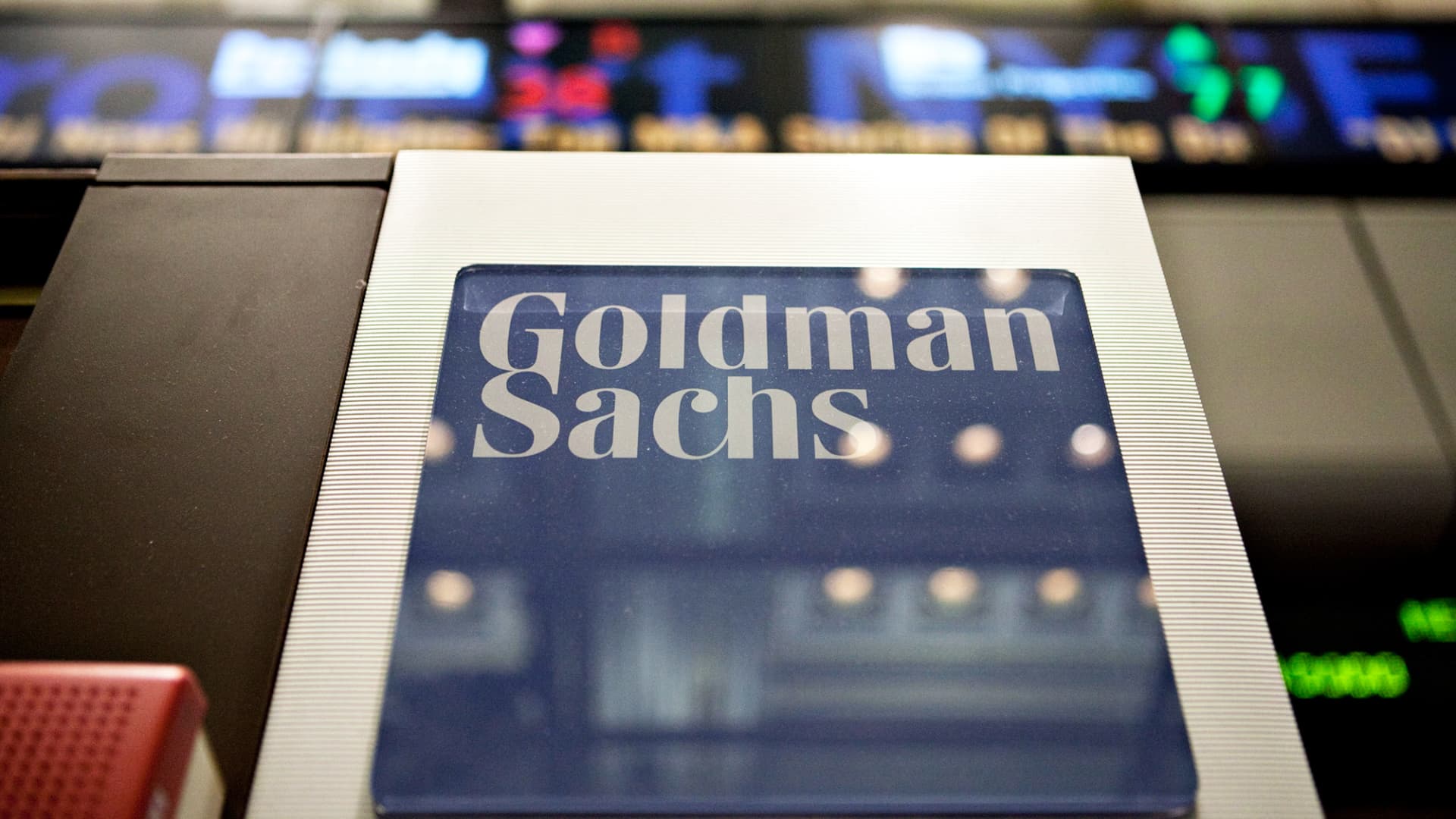
A potential crisis in the global banking sector may have been averted over the weekend, as Swiss authorities stepped in to broker a deal for UBS to acquire embattled Credit Suisse . But stock markets are not out of woods yet, according to Goldman Sachs Chief Global Equity Strategist Peter Oppenheimer. He believes contagion fears around the banking sector are just one of several risk factors afflicting stocks, and predicts the market will remain “fat and flat” in the near term. “Even if markets rebound from current levels in the short term, high uncertainty and lowered confidence levels are likely to mean an ongoing ‘fat & flat’ market given that valuations do not look particularly attractive,” Oppenheimer wrote in a note on Mar. 17, ahead of the announcement of the Credit Suisse rescue deal. This valuation problem is down to two reasons, according to Oppenheimer. “The first is that the U.S. equity market, long a significant outperformer, remains expensive relative to history and relative to real rates. Despite cheaper valuations outside of the U.S. – a key factor in recent outperformance – other markets are unlikely to de-couple in any U.S.-led correction,” he said. The second reason is that there is now a much higher hurdle for stocks to beat, according to Oppenheimer, with other assets looking more appealing. He said U.S. stocks continue to look stretched and offer “very little return,” while cash and short-duration debt looks “very attractive” relative to stocks. Heading into the next Federal Open Market Committee meeting on Tuesday, Oppenheimer believes even an interest rate cut would not provide a meaningful boost for equities. He noted that U.S. stocks delivered about twice their usual returns after the first rate cut, but almost no return three months after. “Twelve months after the first cut, returns tend to be positive but below average. The poorer returns are largely a reflection of weaker growth. This is why equities often do better when rates are rising,” he said. How to trade it Despite uncertainty in the European banking sector, Oppenheimer believes European stocks will continue to outperform their U.S. peers. He said Europe’s outperformance has been a result of improved relative fundamentals, positive inflows, and cheaper valuations. “In the meantime, we continue to like companies with strong balance sheets and stable margins. Among the more defensive parts of the markets, we are overweight Healthcare. in both the US and Europe. We would also focus on income strategies such as dividends and buybacks,” Oppenheimer added. Outside of stocks, he is also overweight cash in his global asset allocation, given greater uncertainty about the near-term path for corporate profits.





